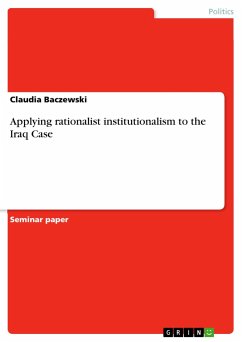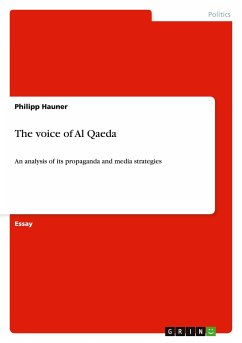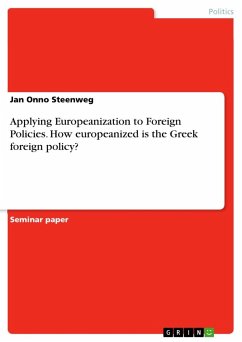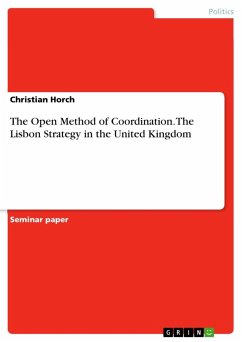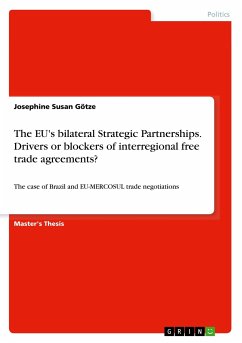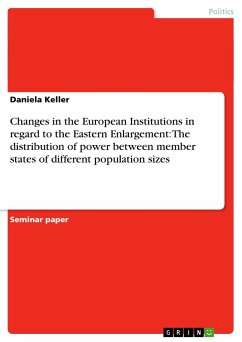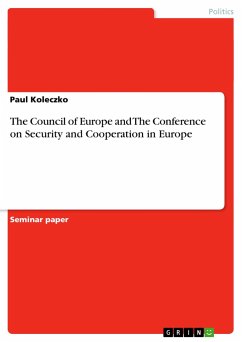Seminar paper from the year 2004 in the subject Politics - International Politics - Topic: Peace and Conflict Studies, Security, grade: 2,3, University of Tubingen (Institute of Political Science), course: Seminar: Introduction to International Relations, language: English, abstract: "The basic problem facing anyone trying to understand contempory world politics is that there is so much material to look at that it is difficult to know which things matter and which do not. Where on earth would you start if you wanted to explain the most important political processes? Whenever individuals are faced with such a problem they have to resort to theories, whether they are aware of them or not. A theory is not simply some grand formal model with hypotheses and assumptions; rather a theory is some kind of simplifying device that allows us to decide which facts matter and which do not." (Baylis, Smith 1997: 3) The aim of this paper is to explain the outbreak of the Iraq War in 2003 with the help of a theory called Rationalist Institutionalism, which is one school of thought in International Relations.Firstly, the paper will explain the Iraq Case more closer: what is the object of contention, which is the dependent variable, who are the relevant actors and finally how the course of conflict and the conflict management looked like before the war in 2003 broke out and during the war.Secondly, the paper will introduce Rationalist Institutionalism as one school of thought of International Relations. The paper will look at relevant structures and actors in Rationalist Institutionalism and furthermore present main hypotheses and causal mechanisms followed by the relevant variables within this theory. Thirdly, and the most interesting part, this paper will apply Rationalist Institutionalism to the Iraq Case.Finally the paper will discuss weaknesses and strengths of the theory as well as the question of what additional offers the theory can present in order to explain the war between the USA and Iraq in 2003.

